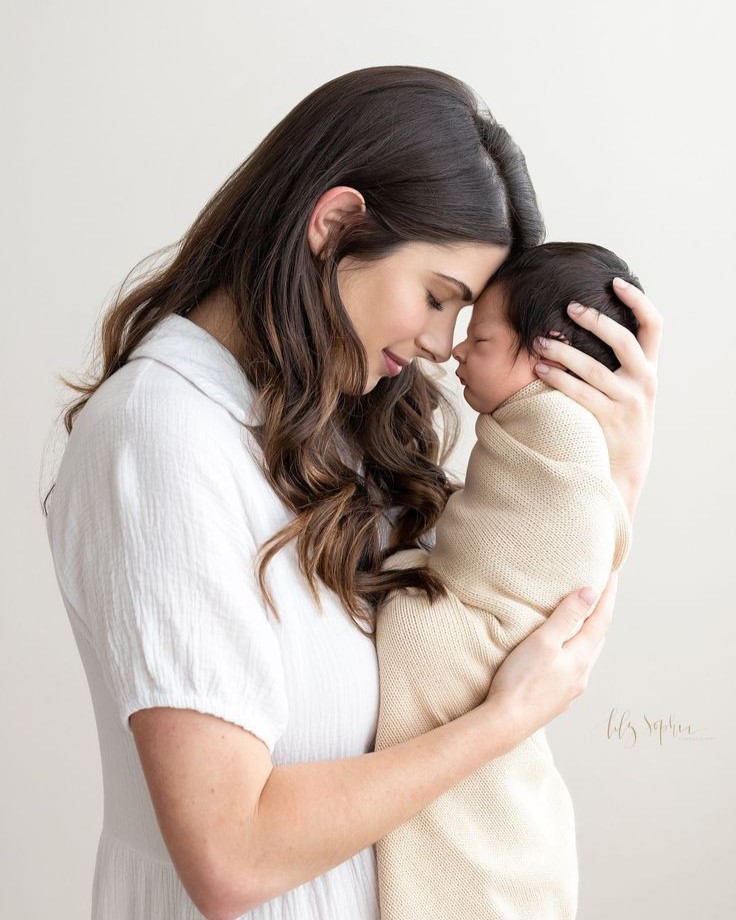Child Care
Every baby is unique, and there's no one-size-fits-all approach to motherhood. Trust your instincts,
seek
advice when needed, and cherish each moment with your little one. Becoming a mother is an incredible
journey
filled with joy, challenges, and countless new experiences.
From newborn care and developmental milestones to feeding, sleep, and safety, our goal is to offer
you
practical advice and expert insights to help you navigate the early stages of your baby's life with
confidence and joy
Congratulations on embarking on the incredible journey of parenthood! Having a child is one of the
most
rewarding and transformative experiences in life.
Welcome to the Parenting Wise - let's make this journey together!
